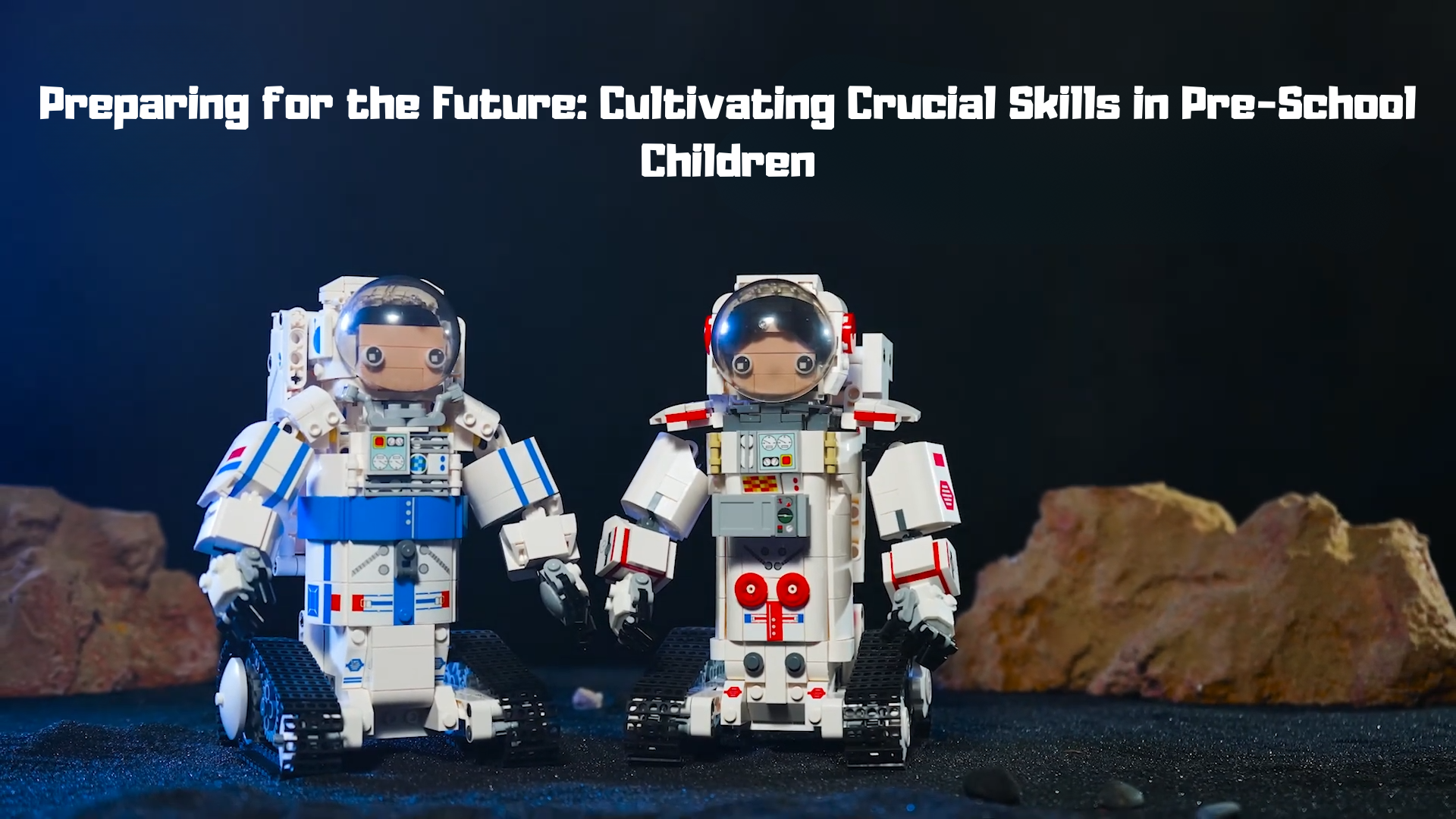Preparing for the Future: Cultivating Crucial Skills in Pre-School Children
As children continue to grow, we find that their learning is not limited to school education. Prior to stepping into school, there are five essential skills that are very important, which are hands-on ability, language and communication skills, social skills, fine motor skills, and cognitive and problem-solving skills.
These skills help children build a strong base for overall growth. This makes it easier for them to adjust and do well in future learning and life.
Parents and educators can prepare children for school life in advance through a series of activities and exercises, guiding them to explore, experience, and develop these important skills in practice.
In the following paragraphs, we will delve into these five skills and how to effectively cultivate them before children start school.
Hands-on Ability
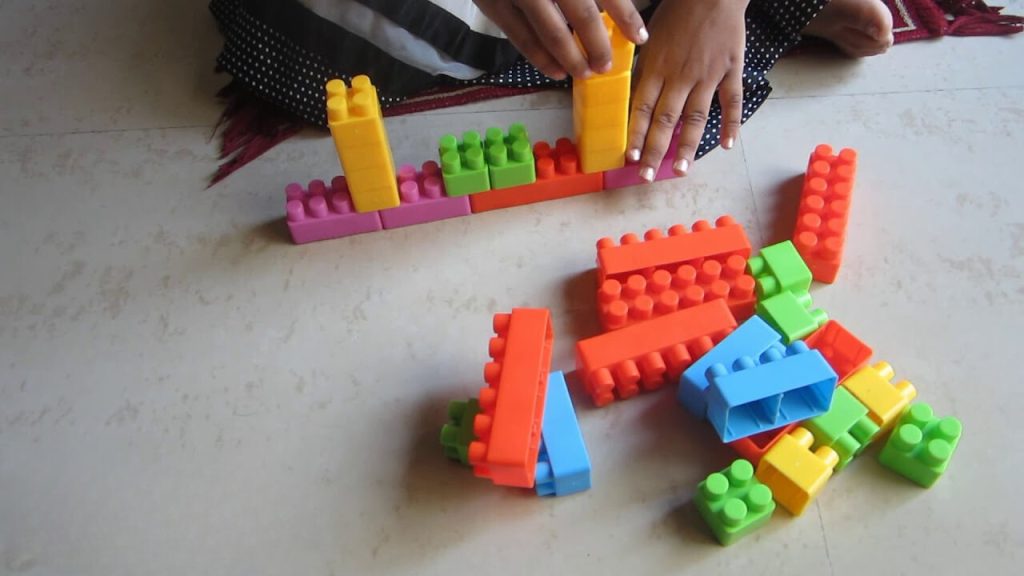
Hands-on ability is an important skill in children’s future learning and life. It not only involves children’s hand-eye coordination but also includes the cultivation of spatial perception and creativity.
To exercise children’s hands-on ability, MOULD KING’s building blocks are undoubtedly a great educational tool.
These blocks adopt a small particle design suitable for children’s hand size, allowing children to start from the simplest building and gradually master and improve their hands-on ability.
As children plug and stack blocks, they are learning how to control and coordinate their hand movements, which will have a positive impact on their future writing, drawing, and other more complex manual operation skills.
More importantly, by creating unique building block works, children can also develop rich imagination and innovative thinking in practice. Therefore, MOULD KING’s building blocks are our enthusiastic recommendation for children’s hands-on ability training.
Language And Communication Skills
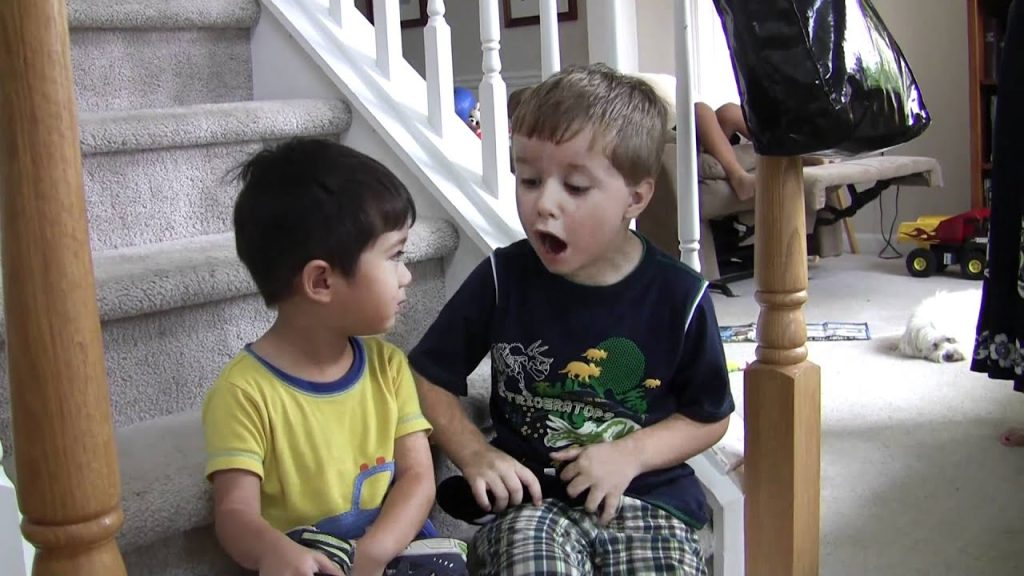
Language and communication skills are key for children to express themselves and understand others and the environment in daily life. In this regard, picture book reading is undoubtedly an excellent way. Picture books provide rich scenario simulations through rich visual images and refined text, which can effectively help children understand and master language.
In the world of picture books, children can imitate the language expression of story characters, understand and use various language structures and vocabulary, which not only improves their language comprehension ability but also enhances their expression ability.
At the same time, by understanding and telling stories, children can learn how to effectively communicate in context, understand others’ points of view, and express their own points of view and feelings clearly and orderly.
In interactive picture book reading, parents or teachers can guide children to ask questions, answer questions, and even create their own stories, which can further enhance their language and communication skills.
Therefore, through picture book reading, we can lay a solid foundation for children’s language and communication skills training in a fun and attractive way.
Social Skills
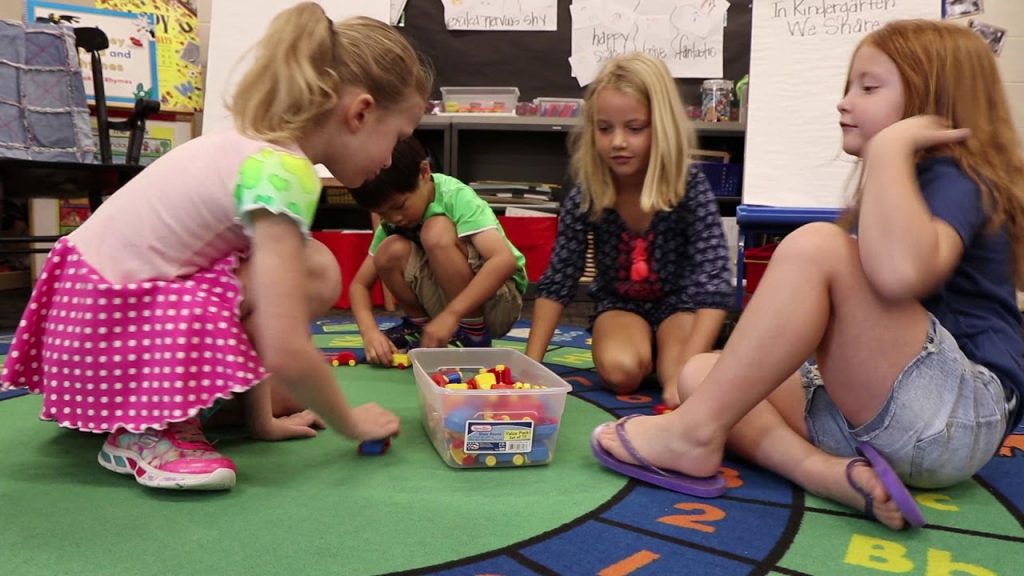
Social skills are key to children establishing healthy interpersonal relationships, which includes aspects like sharing, cooperation, understanding others’ feelings, etc. In children’s daily life, encouraging them to interact with different little friends is an important way to cultivate social skills.
In interactions with peers, children learn to share toys, thoughts, and feelings, learn to listen to others’ points of view, and learn to understand and respect others’ feelings.
They can experience the joy of establishing positive interactions with others by playing and cooperating to complete tasks, and also learn the skills to handle interpersonal conflicts and solve problems.
These interaction experiences help children understand the rules and principles of social interactions, such as turn-taking, fairness, respect, etc., so that they can better adapt to social life.
Encouraging and guiding children to interact with more little friends can undoubtedly enhance their social skills and lay the foundation for their healthy development.
Physical Skills
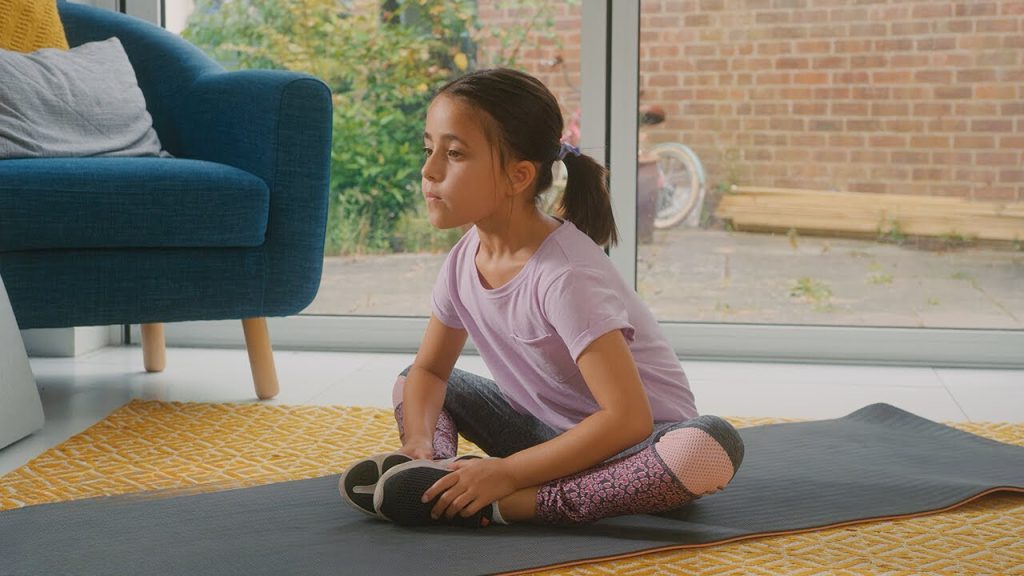
Physical skills play a vital role in the comprehensive development of children. Not only do they help maintain physical health and improve physical fitness, but they also contribute to the development of children’s social skills, teamwork abilities, and confidence to some extent.
When it comes to fostering children’s physical skills, parents can actively encourage them to participate in various physical activities. For instance, parents can take their children out for a run. Long-distance running can effectively exercise children’s cardiorespiratory functions and improve their endurance.
Meanwhile, short-distance sprinting can enhance their explosive power and reaction speed. This type of exercise can also let children experience the joy of sports, cultivating their interest and passion for physical activity.
In addition to running, parents can also take their children to play football. Football can exercise children’s bodies comprehensively, enhancing their coordination and balance.
More importantly, through teamwork and competition, children can learn about cooperation, understanding that each person is an indispensable part of the team. Undoubtedly, this will have profound impacts on their future social lives and careers.
Cognitive And Problem-solving Skills
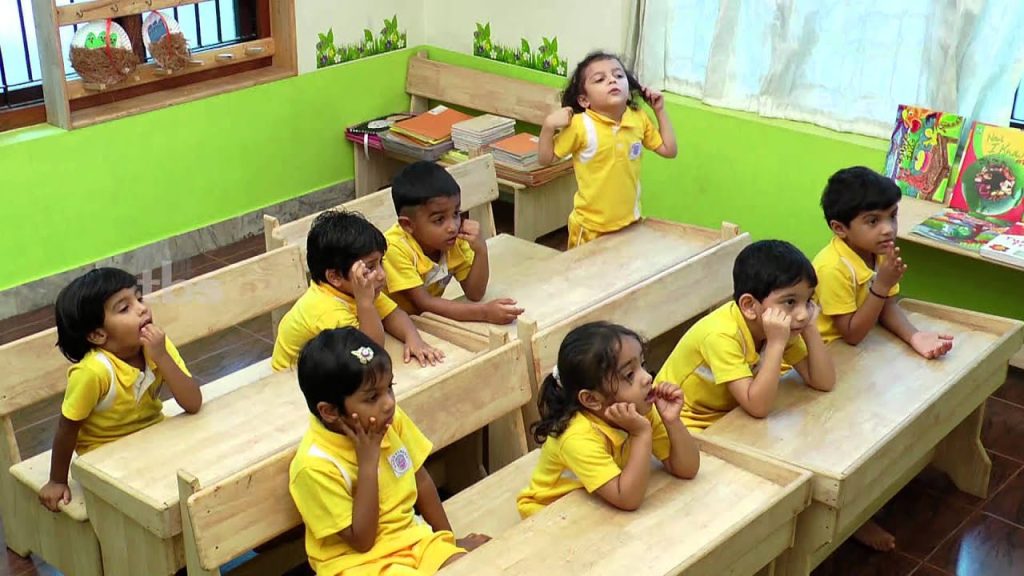
Cognitive and problem-solving skills are important tools for children when facing daily life and learning challenges. These skills involve the understanding, processing, and application of information, including aspects like focusing attention, logical reasoning, innovative thinking, etc. There are many ways to cultivate cognitive and problem-solving skills.
For example, we can provide various puzzle games and challenging tasks to encourage children to explore, try, and solve problems;puzzle games can exercise children’s spatial perception and problem-solving abilities, while science experiment activities can stimulate children’s curiosity, encourage them to explore and solve problems.
In addition, some common problems in daily life, such as how to button, how to tie shoelaces, can also become opportunities for children to exercise their problem-solving skills.
Encourage children not to be afraid of failure when facing problems and challenges, dare to try, and dare to think, which can help them build confidence, cultivate their independent thinking and problem-solving abilities, and lay a solid foundation for their future learning.
Preparing children for their academic journey involves more than just academic skills. This holistic development incorporates hands-on ability, language and communication skills, social skills, physical skills, as well as cognitive and problem-solving skills.
Each of these components plays a unique role in the comprehensive growth and development of a child. As parents and educators, we have a myriad of resources and methods at our disposal to effectively cultivate these vital skills in children before they step into school life.
By fostering these skills early on, we can ensure children are well-equipped to embrace the exciting and challenging journey of learning that lies ahead of them.
It’s through these small steps that we lay the groundwork for their future success, shaping them into confident, well-rounded individuals who are ready to tackle the world.

